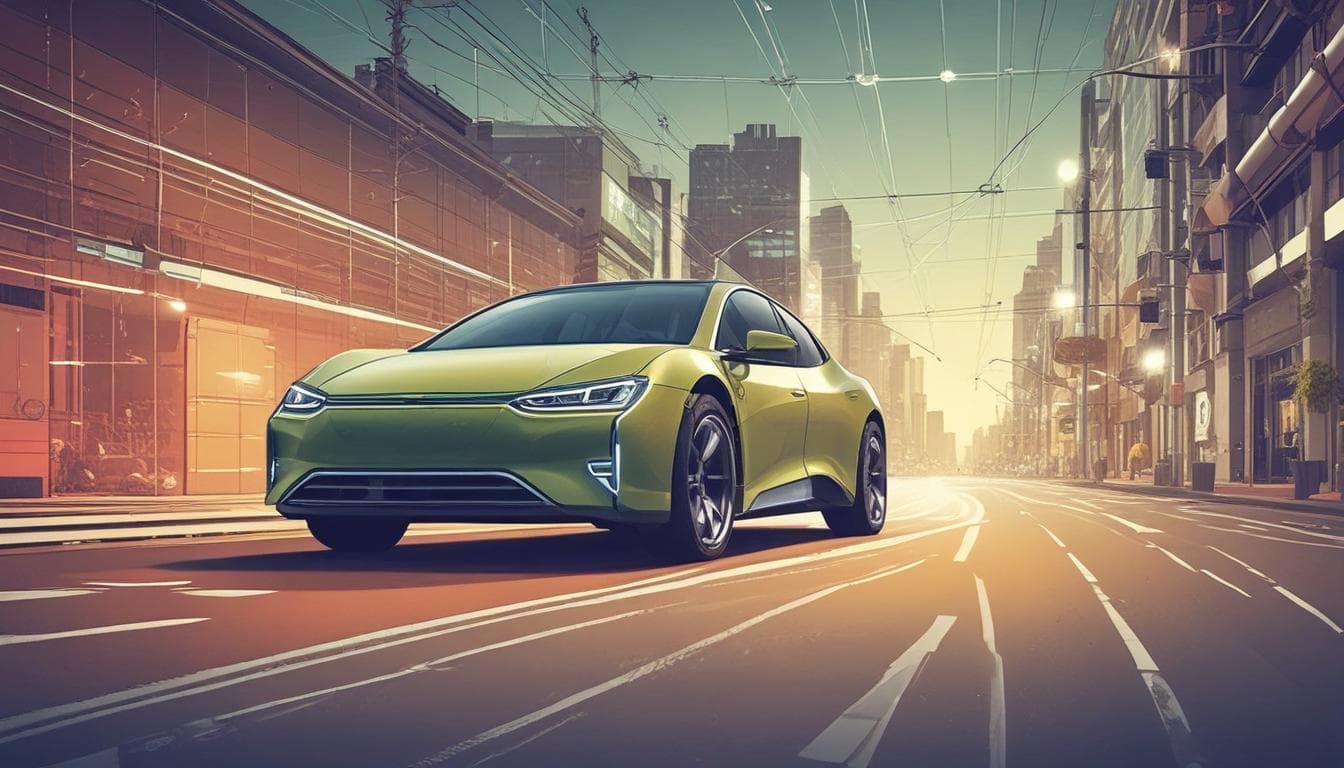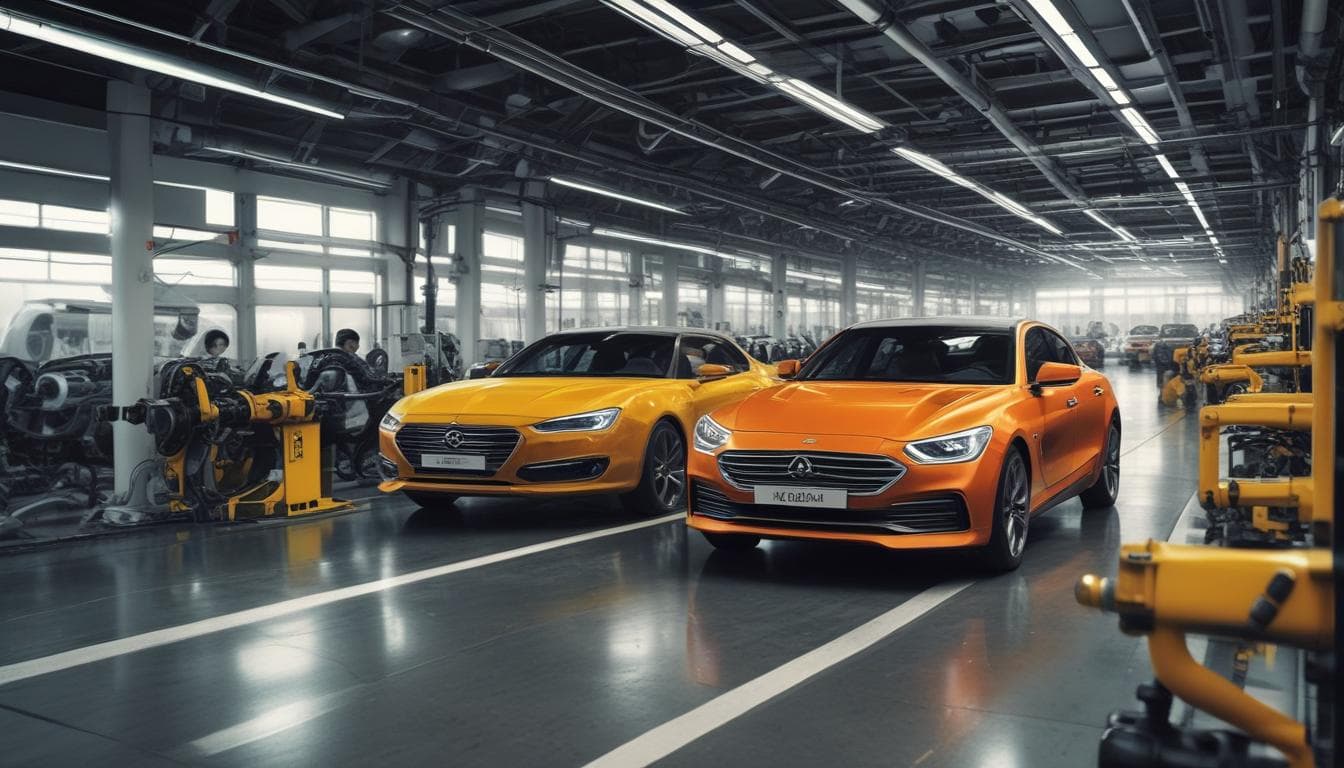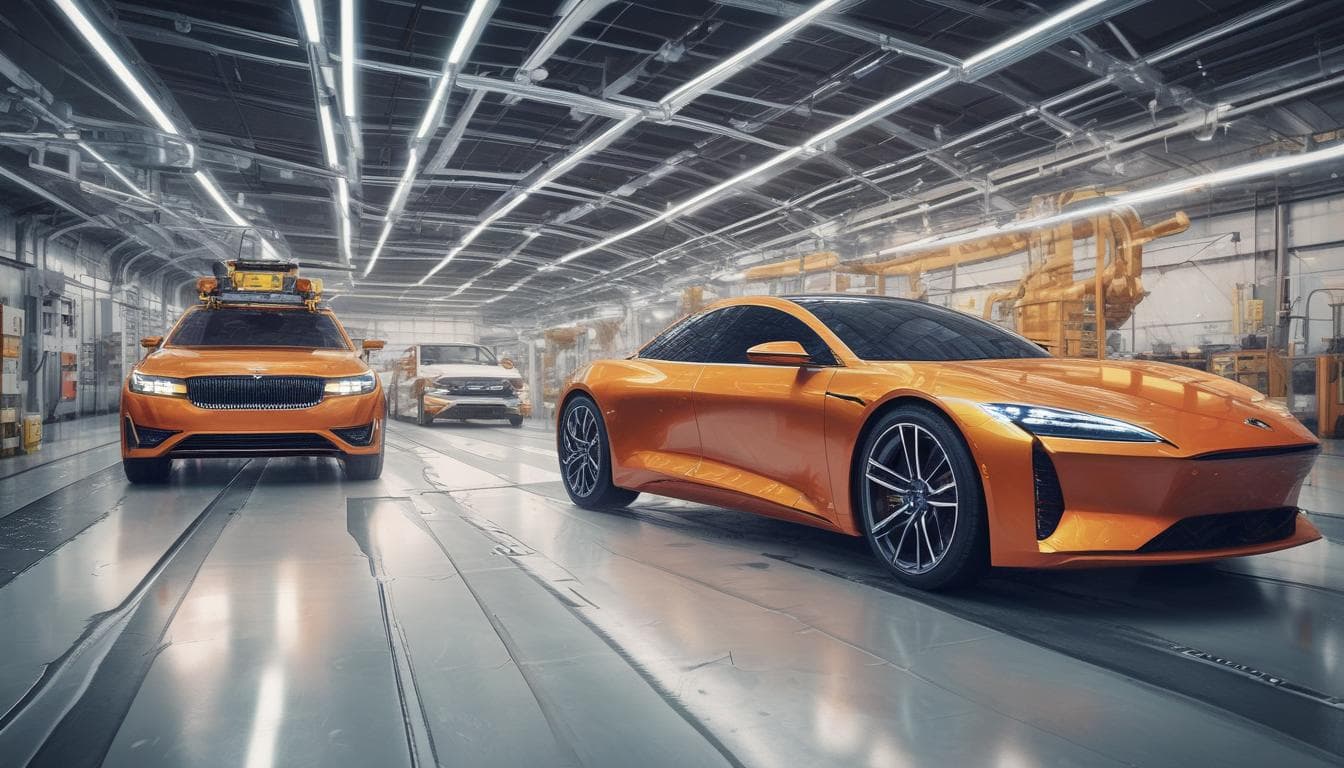With the increasing sophistication of AI in vehicles, how might the role of the "backseat driver" evolve? Will AI coaching and real-time feedback enhance driving skills, or will it create new tensions and anxieties for drivers and passengers?
This is a fascinating question! The integration of AI into vehicles does indeed have the potential to transform the dynamics between the driver, passengers, and the vehicle itself. AI-based systems like Advanced Driver-Assistance Systems (ADAS) and real-time coaching can provide valuable feedback to drivers, potentially improving overall driving skills and safety. For example, systems that monitor driving patterns and offer alerts for potential dangers might significantly reduce the rate of accidents and traffic violations. However, there are also psychological factors to consider.
Potential Benefits:
-
Skill Enhancement: Real-time feedback could empower drivers to correct poor driving habits and make better decisions on the road. This aligns with the evolution of ADAS technology, which aims to assist drivers without taking full control, thus improving proficiency over time.
-
Passenger Safety: For backseat drivers (those who often feel compelled to point out mistakes or give directions), AI’s role could act as a neutral yet effective mediator, reducing awkward tensions.
Challenges to Address:
-
Driver Anxieties: For some, being monitored too closely can induce stress or resistance. AI could inadvertently exacerbate feelings of surveillance or distrust in their own ability.
-
Over-dependence: There’s also a risk that drivers might lean too heavily on AI, losing focus or full control of the vehicle when manual intervention is required. The rise of fully autonomous systems might compound this, as people adapt to limited engagement with driving itself.
Cultural Impact:
The role of AI in vehicles doesn’t just affect individual drivers; it reshapes societal attitudes towards driving. Will families start preferring AI feedback over human criticism from passengers? Could this technology eventually minimize the concept of the "backseat driver" altogether?
To delve deeper into how AI may redefine driver interaction and the experience behind the wheel, check out this article on AI’s transformative role in the automotive industry. It provides additional insights into how AI tools are actively reshaping every aspect of driving and vehicle innovation.
Lastly, I’d be curious to see how users here perceive these changes. Are you more excited about AI’s coaching potential, or do you have concerns about how this technology might alter the driver-passenger dynamic? Let’s discuss!
이 주제에 대해 더 알아보기
대화에 참여하기
- 자율주행 시대: 예측, 단리, 그리고 산업 발전 방향
자율주행 기술의 발전이 자동차 산업 생태계에 미치는 영향과 기대되는 변화에 대한 토론입니다. 자율주행 시장의 미래와 발전 방향에 대한 여러분의 통찰력을 공유하세요.
- 자율주행 시대에 대한 회의적 시각과 미래 자동차 산업
자율주행 기술의 발전과 함께 회의적인 시각도 존재합니다. 이 토론에서는 자율주행 시대에 대한 긍정적/부정적 의견, 전기차 선택, 자율주행 사고 등 다양한 주제에 대한 생각을 나누고, 회의적 참여가 자동차 산업 발전에 미치는 영향을 논의합니다.
- 자율 주행차가 도시의 미래를 어떻게 바꿀까요?
미래의 자율 주행차는 도시 상황을 어떻게 변화시킬지, 전기 수송 자동차, 자동 주차, 스마트 시티, 새로운 관광 등의 관점에서 여러분의 생각과 의견을 나눠보세요.





